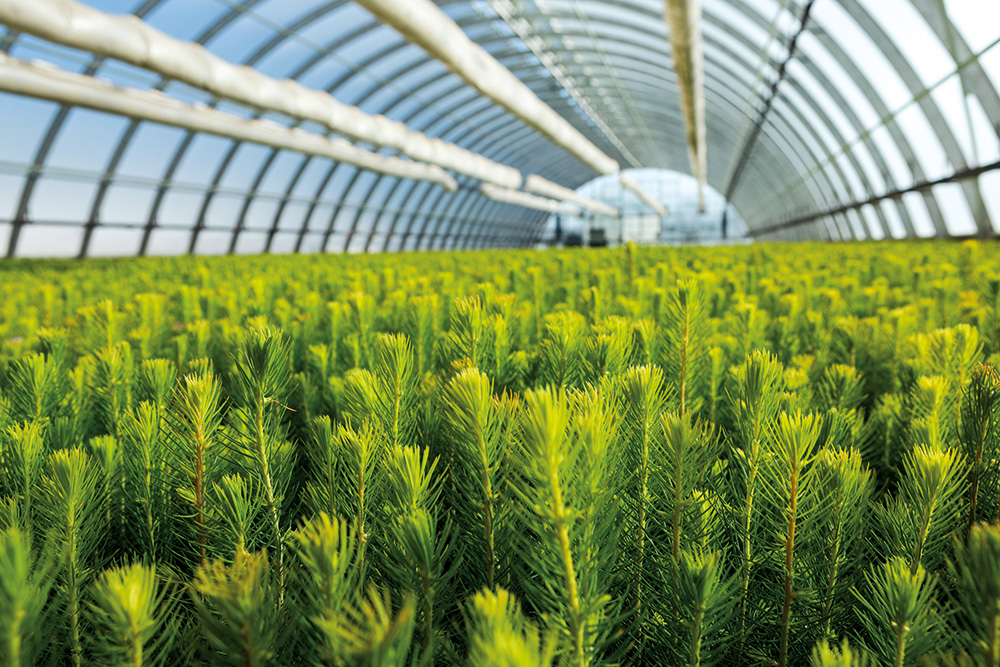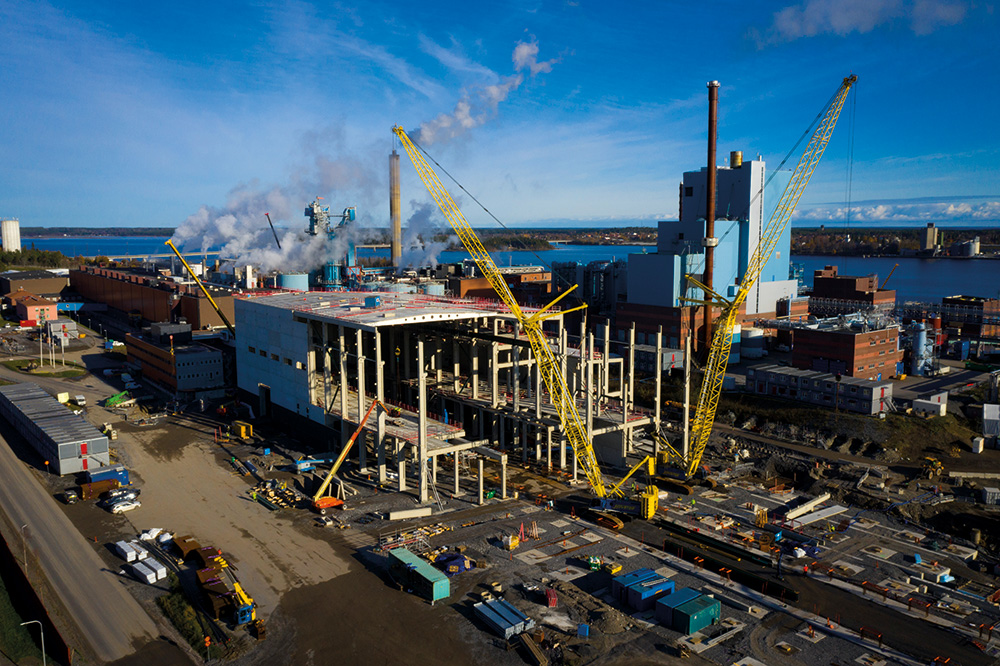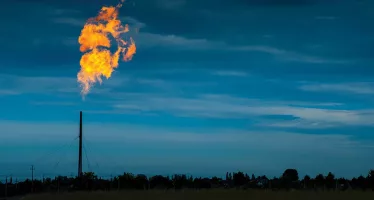Svenska Cellulosa Aktiebolaget SCA: Growing Forests and Renewable Products to Fight Climate Change
With 2.6 million hectares of forest in northern Sweden and 50,000 in Estonia and Latvia, SCA is Europe’s largest private forest owner.

Sustainable forest management is the core of SCA’s operations. In the Bogrundet forest nursery north of Sundsvall, it produces more than 100 million new trees per annum.
SCA, whose head office is located in Sundsvall, was founded in 1929 from the merging of a number of older forest-product companies in northern Sweden, some of them with a history stretching back to the 17th Century.
Forests are the core of SCA, and around this unique resource it has built a well-invested industrial value chain with the aim to create the highest possible value.
Located close to the forest are five large and competitive sawmills — the world’s largest production line for softwood kraft pulp — and two kraftliner mills. Kraft pulp is dark cellulose material commonly used in paper manufacture.
Residue streams are used for energy production, in SCA’s own mills and for external customers. Since the company’s forest land features plenty of good windpower sites, SCA is developing that renewable technology with partners.
SCA is involved in all links of the value chain, including the transport of raw material and forest products. “We’re always trying to fine-tune our industrial ecosystem,” says communications officer Björn Lyngfelt, “enhancing the combined value it can bring in, and from, the forest.
“We have recently finished and brought into operation a €700m investment in expanding our kraft pulp mill. And right now we are investing another €700m in increasing our production of kraftliner, paper for corrugated packaging. We’re also investing in forest land in the Baltics and are researching liquid biofuels based on forest and forest industry residues.”
Sequestering Carbon Dioxide
Climate change is a focal point in national and European policies. The new European Commission has put up its Green Deal, where combatting climate change is a key focus, and at the top of the agenda. And forests are vitally important to the climate change debate.
Some want to claim forests for carbon sinks, while others want to bring out the substitution potential from the forest value chain. Renewable raw material from well-managed forests can be substituted for products with a higher carbon footprint, keeping fossil carbon in the ground. The outcome of this debate will have a major impact on European forests and forest owners.
Growing forests sequester carbon dioxide from the atmosphere. The difference between forest growth and harvesting and natural losses brings a net reduction of carbon dioxide. Harvested timber is used for products and materials that can replace concrete, steel, plastic packaging and even fossil fuels. In this way, fossil carbon remains in the ground.
Forestry, production and transport still lead to some carbon dioxide emissions, and SCA strives to keep these to a minimum.

In the Obbola paper mill outside of the city of Umeå, SCA is investing €700m to increase the production of kraftliner paper for packaging from 450,000 to 725,000 tonnes per annum.
Positive Climate Effect
SCA has developed a model for calculating the climate effects of company’s operations. This model has been adopted by other companies, countries and stakeholders, and comprises all the elements mentioned above.
The net sequestration in the SCA forests amounted to 5.4m tonnes of carbon dioxide in 2019. The substitution effect amounts to six million tonnes of carbon dioxide — and the emissions from SCA’s entire value chain amounts to 0.9m tonnes. These figures — the sum of the first two minus the third — provide a record of SCA’s climate benefit: the figure is positive. For 2019, this benefit was 10.5m tonnes of carbon dioxide — corresponding to the emissions from all passenger cars in Sweden.
“We believe that working with the full forest value chain brings both the best value-creation over the long term, and the best contribution to society in the form of renewable raw materials and products and in combatting climate change,” says Lyngfelt.
SCA has 4,000 employees and its turnover for 2019 stood at SEK19.6bn (€1.92bn).
For more information, please visit www.sca.com
You may have an interest in also reading…
Nordea Life Assurance Finland: Maintaining Focus on Key Issues Takes Assurance Company to a Winning Position
Nordea is thrilled to have been recognised for its continuous efforts for achieving exceptional customer experiences through operational excellence. Nordea
Pollen Street Capital – All Players are Part of the Solution: Proceed with Purpose to Maximise ESG Impact
Pollen Street Capital is a purpose-led asset manager whose overarching purpose is to deliver long-term sustainable performance through frictionless financial
Nordea Asset Management: Uniting Investors to Confront Rising Menace of Methane
By Eric Pedersen, Head of Responsible Investments at Nordea Asset Management If the world has any chance of slowing the


















































































